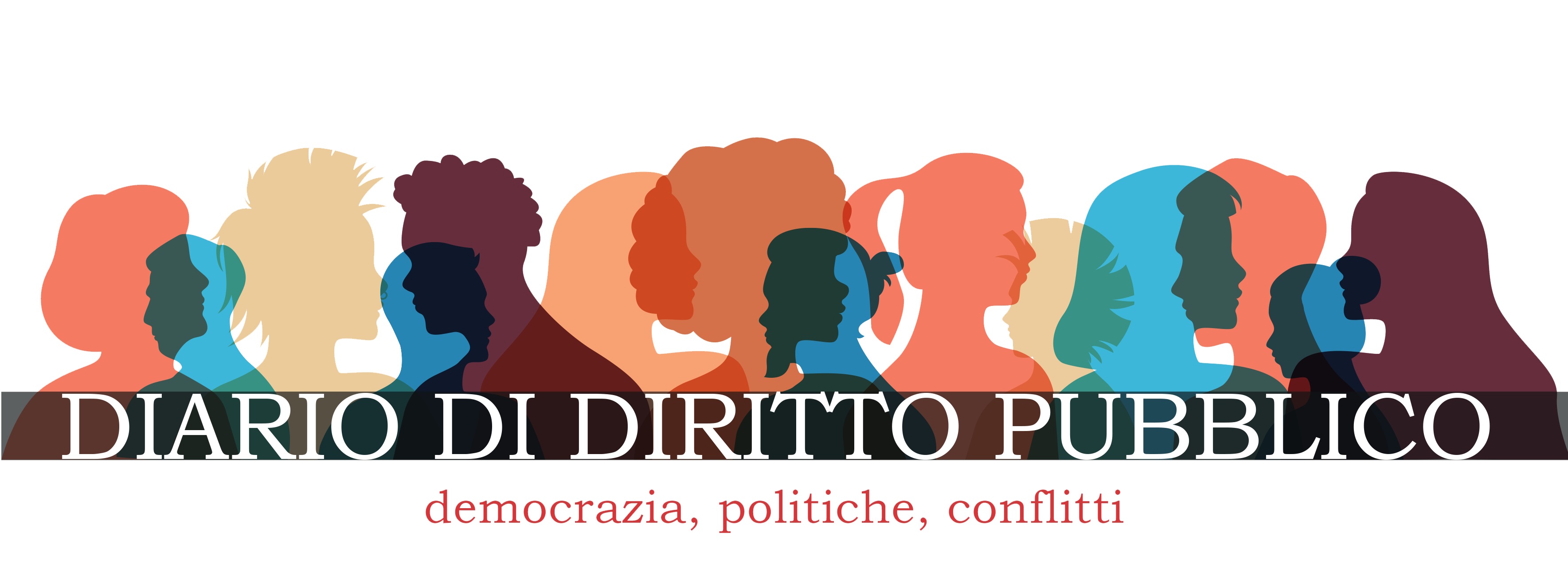The Legality and Politics of Mandating COVID-19 Vaccination in the United States
di Douglas L. Kriner, Cornell University
When the COVID-19 vaccine rollout began in earnest in the United States in early 2021, it quickly descended into a high stakes free-for-all. Governors publicly pined for more doses, with some even trying to cut individual deals with vaccine manufacturers to boost supplies in their states. The phrase “vaccine tourism” entered the vernacular with stories of wealthy individuals from other states and even other countries traveling to Florida and other southern states in search of doses. By April, however, the landscape had fundamentally altered. Supply had already begun to outpace demand with surpluses accumulating in many states.
As of June 1, 2021, the United States had administered almost 300 million shots with 60% of Americans 12 and older having received one shot, and almost 50% having been fully vaccinated. However, the pace of vaccinations has slowed dramatically, falling by more than 50% from its early April peak of well over three million vaccinations per day. Pharmacies across the country routinely advertise on street-side billboards that COVID-19 vaccines are freely available without an appointment on a walk-in basis. Increasingly, public health officials have warned that vaccine hesitancy may put achieving herd immunity out of reach.
To combat public hesitancy, governments at the national, state, and local levels have embraced new strategies, from redirecting resources and doses away from mass vaccination sites towards pharmacies, doctor’s offices and other local providers, to instituting lotteries where vaccinated individuals can win up to a million dollars or full college scholarships. However, there is another weapon available in the strategic arsenal, albeit one that authorities have thus far been loath to use: mandating vaccination.
While the federal government’s power in this sphere is limited, individual state governments and private corporations have the legal authority to mandate vaccination across a range of settings, subject to certain limits. However, political polarization will almost certainly blunt the instrument’s effectiveness in battling the pandemic.
The U.S. Constitution created a national government of limited powers, and the Constitution does not grant the federal government any enumerated powers in the sphere of public health. Instead, the main source of constitutional authority underlying federal efforts to protect public health stem from an elastic reading of the Commerce clause. Under the Public Health Service Act, the Department of Health and Human Services has the authority to make and enforce regulations to prevent the spread of communicable diseases; however, the act does not explicitly authorize the implementation of a mandatory vaccination regime. Instead, consistent with the spirit of the Commerce clause, actions taken under the act have focused primarily on quarantine and isolation measures.
One area where the federal government holds and has exercised considerable authority to mandate vaccinations is with regards to the United States military. Military regulations require soldiers to be vaccinated against a range of infectious diseases that vary by geographic assignment. Courts have dismissed challenges to mandatory military vaccination orders on religious grounds, arguing that the imperative of protecting public health in the military outweighs personal liberty concerns. Yet, the Department of Defense has not yet chosen to mandate vaccination against COVID-19, and while voluntary vaccination rates among uniformed personnel have increased, many remain unvaccinated.

State governments, by contrast, have considerably greater power to take aggressive steps, including mandating vaccination, to protect public health. Whereas the powers of the federal government are enumerated in the Constitution, in the American federal system, states retain sovereign powers that were not delegated to the national government through the ratification of the Constitution. Among these sovereign powers are broad police powers. Courts have interpreted this framework as giving states broad latitude in exercising this power, including to protect public health, and have ruled that these powers can only be circumscribed by the federal government if they transgress upon fundamental rights and liberties guaranteed to individuals by the Constitution.
For more than a century, the Supreme Court has held that states have the power to mandate vaccinations against an urgent threat to public health. In Jacobson v. Massachusetts (1905), the Supreme Court held that a Cambridge, Massachusetts mandate that citizens be vaccinated against smallpox did not violate citizens’ Due Process rights under the 14thAmendment. Building on the Jacobson precedent, the Court in Zucht v. King (1922) upheld laws mandating vaccinations for attending public schools.
Government mandates inevitably encroach upon personal liberties, and because mandates that limit fundamental freedoms are subject to strict judicial scrutiny, many state vaccination mandates allow for exemptions on medical, religious, and in some cases even personal belief/philosophical grounds. However, states can also curtail or even eliminate these exemptions. For example, following an explosive outbreak of public school measles cases in 2019, New York passed new legislation eliminating religious exemptions from the mandate (the outbreak was particularly intense among Orthodox Jews who avoided vaccination on religious grounds) and issued new guidelines narrowing the criteria on which medical exemptions should be granted.
Perhaps the most important legal barrier to state authority for mandating vaccination against COVID-19 is regulatory. Currently, the Pfizer/BioNTech, Moderna, and Johnson & Johnson vaccines have all been made available through an Emergency Use Authorization rather than full FDA approval. It remains an open legal question whether states can mandate citizens receive a vaccine that has not yet achieved full regulatory approval (though courts have upheld military mandates for unapproved, investigational treatments in certain contexts). This barrier should eventually be rendered moot as Pfizer/BioNTech submitted their application for full FDA approval in early May, 2021 and Moderna submitted its own request in June.
Finally, private employers also have considerable latitude to mandate vaccinations as a condition of employment. In December 2020, the Equal Employment Opportunity Commission issued guidance that employers could mandate vaccination against COVID-19 provided that the mandate allowed an exemption for employees with a medical disability preventing them from being vaccinated, unless that exemption directly threatened the health and safety of others in the workplace. Employer mandates must also accommodate religious exemptions, pursuant to Title VII of the Civil Rights Act of 1964.
Thus far, most employers have been reluctant to mandate COVID-19 vaccination, though many colleges and universities have already announced that they will require vaccination for students to return in the fall. This hesitance may change if and when vaccines receive full FDA approval.
Ultimately, the most important barriers to using vaccine mandates to combat the COVID-19 pandemic in the U.S. are political, not legal. Political partisanship is one of the most important predictors of individual Americans’ willingness to vaccinate, with Democrats being much more likely to receive the shot than Republicans. Perhaps even more dangerously, Republican legislators and governors in multiple states have advanced a range of legislative proposals and executive orders to restrict the ability of governments and businesses alike to mandate vaccinations or impose restrictions based on vaccination status. These political dynamics threaten to exacerbate current geographic inequalities in vaccination across the country in which counties that voted for Biden have significantly higher vaccination rates than counties that voted for Trump.




Commenti